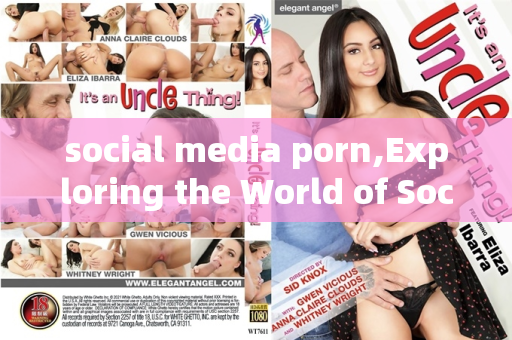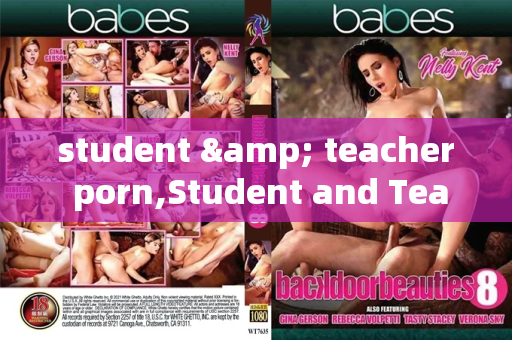
The casting couch phenomenon has long been a controversial topic within the entertainment industry, particularly in Hollywood. This term often refers to the practice where aspiring actors and actresses are pressured or coerced into sexual favors in exchange for job opportunities. The casting couch is not merely an urban legend; it is a reality that has affected countless individuals striving for success in an industry renowned for its glamour and glitz. The dark underbelly of Hollywood reveals a world where dreams can intersect with exploitation, a narrative that has gained traction in recent years as more survivors come forward to share their experiences.
Historically, the casting couch has been a well-known secret among industry insiders, yet it often went unspoken in public discourse. The power dynamics at play create an environment where those who seek fame and fortune feel compelled to acquiesce to the demands of those who hold the keys to their success. This culture of silence and fear has perpetuated a cycle of abuse, as individuals fear personal and professional repercussions should they speak out. The prevalence of such behaviors raises ethical questions about the responsibility of industry gatekeepers and the need for systemic change to protect vulnerable aspirants.
In light of the #MeToo movement, the narrative surrounding the casting couch has begun to shift. Survivors have started to break their silence, sharing their stories and shining a light on the pervasive culture of harassment and abuse that exists behind the scenes. High-profile accusations against influential figures have exposed the extent of this issue, prompting public outrage and calls for accountability. The conversation has evolved beyond mere anecdotal evidence, revealing a systemic problem that requires comprehensive solutions to ensure the safety and dignity of all artists in the industry.
Furthermore, the impact of the casting couch extends beyond individual experiences; it shapes the overall culture of the entertainment industry. The normalization of such exploitative practices sends a troubling message to aspiring talent: that compromise is often necessary for success. This toxic environment not only affects the mental and emotional well-being of those involved but also stifles creativity and diversity within the industry. Artists may feel pressured to conform to specific ideals or engage in questionable dealings rather than being able to showcase their true talents and unique perspectives.
To combat the casting couch phenomenon, significant changes must be implemented across the industry. This includes establishing clear guidelines and policies that protect individuals from harassment, as well as creating safe reporting mechanisms for those who experience abuse. Furthermore, promoting a culture of respect and transparency is essential in dismantling the power structures that enable such exploitative behaviors. Education and awareness are vital, as aspiring artists should be informed of their rights and the resources available to them, empowering them to stand against misconduct.
In conclusion, the casting couch is a troubling reality within the entertainment industry that underscores the need for ongoing conversations and actions aimed at fostering a safer environment for all. As the industry continues to evolve, it is imperative to confront these issues head-on, advocating for a culture that values talent, integrity, and respect over exploitation. By amplifying the voices of survivors and pushing for systemic change, the industry can strive to become a place where dreams can flourish without the shadow of coercion and abuse looming over them.









